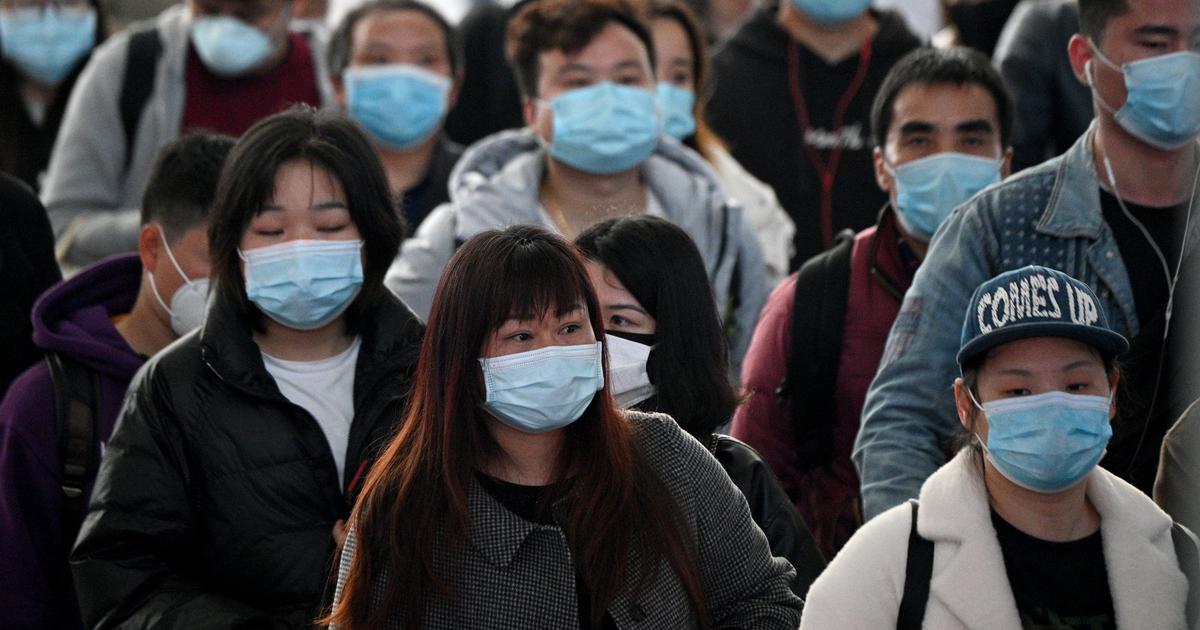If the Kim Jong Un regime is to be believed, the Democratic People’s Republic of Korea is one of the few countries which has not experienced a wide-scale outbreak of Covid-19. Kim stated in July that “We have thoroughly prevented the inroad of the malignant virus and maintained a stable anti-epidemic situation despite the worldwide health crisis, which is a shining success achieved,”. This is no doubt an exaggeration, as North Korea, which shares a porous 870-mile border with China has likely many more cases than the one suspected case announced on July 26. Despite this, it can be argued that North Korea has avoided the worst impacts of the pandemic in a medical sense, but at the cost of its economic stability. Enforcing a draconian lockdown, its populace especially in rural areas have become bereft of essentials needed to sustain their livelihoods. The policy despite stowing the tide of Covid-19 has led many more at risk from malnutrition and other infectious diseases. In analysing the Un regimes response to the Covid-19 pandemic we can summarise that despite avoiding the worst impacts of Covid-19, the country has paid a heavy price with its reeling economy and continued insistence of its leadership to prioritise its weapons programme over pressing human issues.
A medical system fit for purpose?
In an interview with Amnesty International, two North Korean health care professionals now living and working in South Korea stated that North Korea possessed some immunity to epidemics, a result of incessant epidemics which have occurred over the past few decades. The doctors cited outbreaks of scabies and measles in 1989, and the recurrence of cholera, typhoid, paratyphoid and typhus since 1994. As a result, people have built up ‘mental immunity’ to epidemics and thus no longer fear them. However, despite the exceptional resilience of its populace, crippling sanctions imposed by the international community have seriously hamstrung its medical sector, with many of the materials needed to keep the system running severely restricted. The price of drugs has increased greatly, leading to the North Korea’s Ministry of Public Health to recently issue an order to hospitals in each province, city, and county to manufacture their own medicines. However, most if not all lack the necessary raw materials and equipment to produce them on a mass scale. In fact, North Korea, in 2019 was ranked 193rd out of 195 countries by John Hopkins University’s Global Health Security Index, indicating a health system incapable of responding effectively to a widescale outbreak of the virus.
Isolation over the economy?
As a result, the regime resorted to draconian methods to keep the contagion at bay and despite being effective in the short-term staving off a large outbreak, the lockdown has been a tragedy for the human rights of its citizens. On the 12 December 2020, the UN Security Council sans Russia and China said in a statement “The DPRK’s human rights violations pose an imminent threat to international peace and security. The DPRK government diverts resources away from its people to its illicit ballistic missile and nuclear programmes”.
This prioritization of weaponization over basic human rights has been commonplace within the DPRK but is brought into greater importance when considering that North Korea is in one of its biggest economic downturns since the famine of the 1990s when somewhere between 240,000 and 3,500,000 North Koreans died from starvation or hunger-related illnesses. This can directly be attributed to the lockdown which began in January 2020 (North Korea was one of the first countries to do so), where all borders; air, land and sea were closed indefinitely. Sino-North Korean trade plummeted by 90 percent between March and April compared to the same time last year. For a country where trade with China accounts for 95% of its international trade, the result has been significant, with prices for daily goods skyrocketing. The cost of major food items such as sugar and condiments have quadrupled compared to the beginning of 2020. Tomas Ojea Quintana the UN’s special rapporteur told the UN security council in June that a 5-month border closure with China and North Korea’s internal coronavirus pandemic strictures had worsened nutrition to an “alarming” level. As a result, 10 million North Koreans or 40% of its population face malnutrition, with increasingly families only eating twice a day, relying on very few foodstuffs to remain alive.
Officials have indicated that the strict containment measures will remain in place for the foreseeable future with experts believing that the North’s economic situation is and will continue to be very bad. Comparing North Korea to other states, Seo Jae-pyoung the secretary-general of the North Korean defector organization stated; “Other countries have taken quarantine measures. But what the North has done since the pandemic began are not quarantine measures, they just blocked [everything] without considering their people’s lives”.
We are yet to see what the long-term impacts of this pandemic are to be and whether North Korea can continue to “stave” off a widescale outbreak. But for many North Koreans, it is becoming clear that the cure is worse than the solution as they teeter on the edge off an economic abyss and with the North announcing it will not open its borders until a vaccine is developed the vulnerability of its citizens to malnutrition and other infectious diseases is only likely to heighten.

